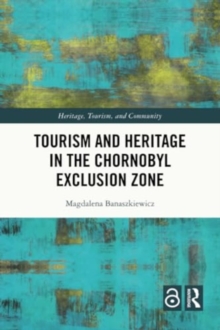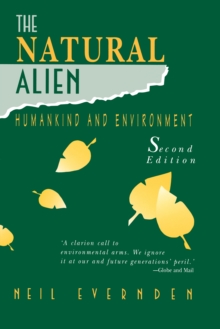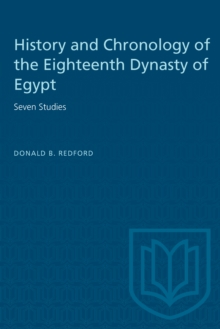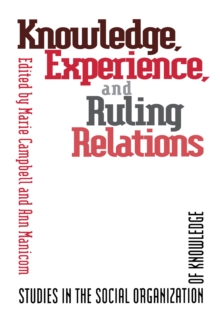
Exorcism and Its Texts : Subjectivity in Early Modern Literature of England and Spain EPUB
by Hilaire Kallendorf
Part of the Heritage series
EPUB
Description
Exorcism and demonic possession appear as recurrent motifs in early modern Spanish and English literatures. In Exorcism and Its Texts, Hilaire Kallendorf demonstrates how this 'infection' was represented in some thirty works of literature by fifteen different authors, ranging from canonical classics like Shakespeare, Cervantes, Ben Jonson, and Lope de Vega, to obscure works by anonymous writers.
From comic and tragic drama to picaresque narrative and eight other genres, possession worked as a paradigm through which authors could convey extraordinary experience, including not only demonic possession but also madness or even murder. The devil was thought to be able to enter the bodily organs and infect memory, imagination, and reason. Some came to believe that possession was tied to enthusiasm, poetic frenzy, prophecy, and genius. Authors often drew upon sensational details of actual exorcisms. In some cases, such as in Shakespeare, curing the body (and the body politic) meant affirming cultural authority; in others, as with Zamora, it clearly meant subverting it. Drawing on the disciplines of literary theory and history, Exorcism and its Texts is the first comprehensive study of this compelling topic.
Information
-
Download - Immediately Available
- Format:EPUB
- Publisher:University of Toronto Press
- Publication Date:15/12/2003
- Category:
- ISBN:9781487586775
Other Formats
- PDF from £72.25
- Hardback from £69.69
Information
-
Download - Immediately Available
- Format:EPUB
- Publisher:University of Toronto Press
- Publication Date:15/12/2003
- Category:
- ISBN:9781487586775










